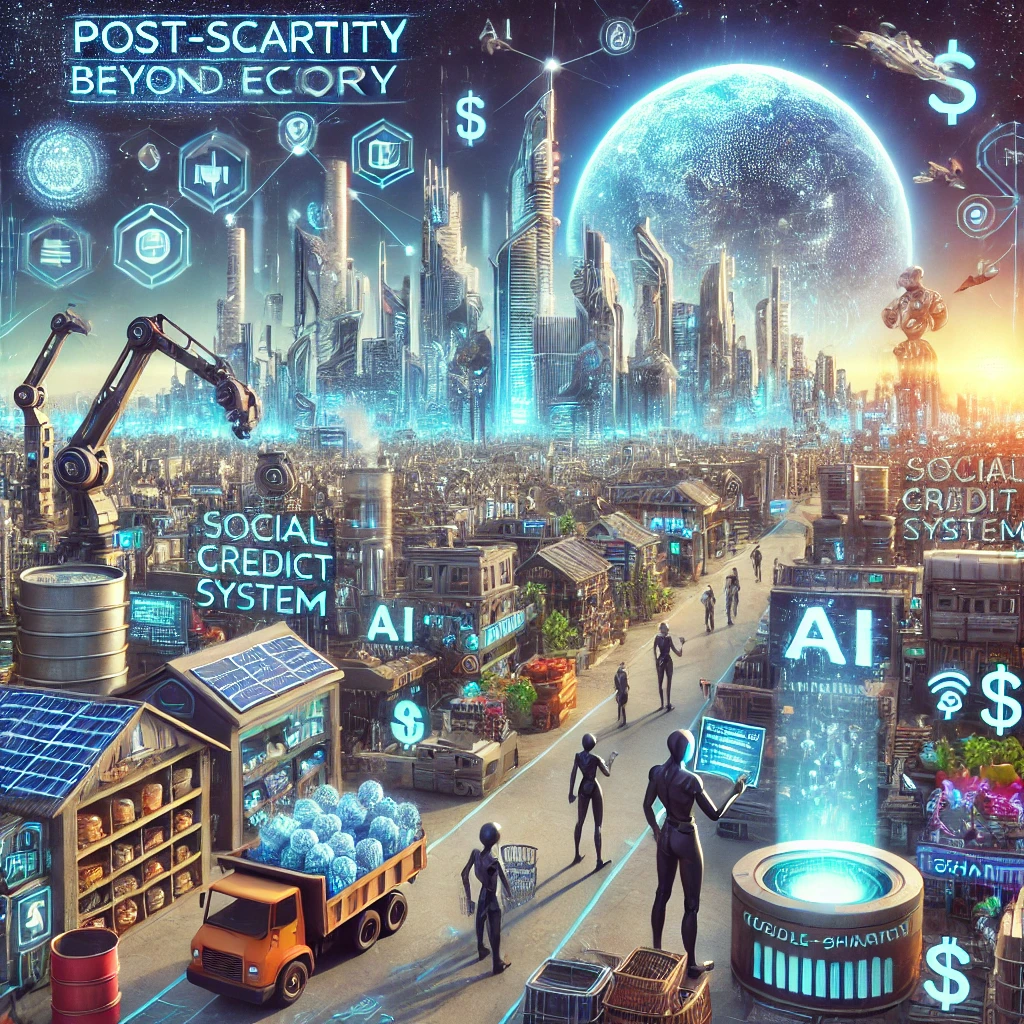
In traditional economic theory, deflation is often viewed as a negative phenomenon. It’s associated with falling prices, decreased consumer spending, and a potential economic downturn. However, this perspective is primarily based on a world where the cost of production remains relatively high. As technology advances and automation becomes increasingly prevalent, we are moving towards a future where the marginal cost of producing many goods and services approaches zero. In this scenario, deflation may not be a bug but a feature of a more equitable and prosperous society.
The Economics of Abundance
As technology advances, the cost of producing many goods and services is steadily decreasing. 3D printing, artificial intelligence, and robotics are automating tasks previously performed by humans, increasing efficiency and reducing labor costs. This trend has the potential to drive the marginal cost of production towards zero for a wide range of products and services, from manufactured goods to digital content.
When the marginal cost of production approaches zero, the traditional economic model of supply and demand breaks down. Supply becomes virtually unlimited, leading to a sharp decline in prices. This deflationary pressure can initially disrupt traditional economic models but also presents a unique opportunity to reimagine our economic system.
A World Without Scarcity
In a world where the cost of producing many goods and services is negligible, the concept of scarcity, which has been a cornerstone of economic theory for centuries, becomes less relevant. This has profound implications for our understanding of value, wealth, and the role of money.
If goods and services become abundant and nearly free, the traditional role of money as a medium of exchange may diminish. We may see a shift towards alternative forms of value exchange, such as social credit systems, direct resource sharing, or even a move towards a post-scarcity economy where basic needs are met for all.
Addressing the Challenges
Of course, transitioning to a world of near-zero marginal cost presents significant challenges. We need to address issues such as:
- Job displacement: As automation replaces human labor, we must ensure that workers have the necessary skills and support to transition to new economic roles.
- Income distribution: In a world of abundance, how do we ensure that everyone has access to the goods and services they need, regardless of their income or wealth?
- Social and political implications: How will our social and political structures adapt to a world where traditional economic models no longer apply?
A New Vision for the Future
Despite these challenges, the prospect of a future where production costs approach zero is exciting. It offers the potential to create a more equitable and prosperous society where all basic needs are met, and human creativity and ingenuity can flourish. By embracing this new reality and developing innovative solutions to the challenges it presents, we can harness the power of technology to build a better future for all.
While deflation has traditionally been viewed as a negative economic phenomenon, the emergence of a world where the marginal cost of production approaches zero requires us to re-evaluate our assumptions. This new reality presents challenges and opportunities, and by embracing the potential of this transformative era, we can create a more equitable and prosperous future for all.